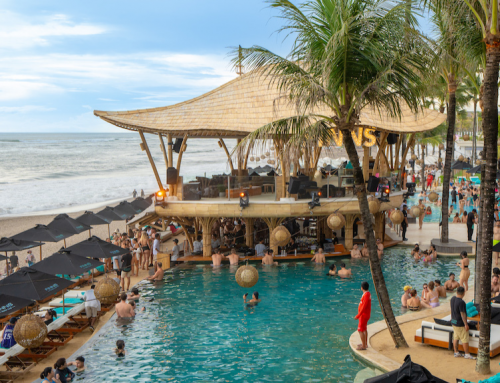We spend the bulk of our life in the pursuit of financial gain. A third of our life is spent in education, arming ourselves to get a job or a career that we would want to head to every day. The next one-third is spent building that career, climbing the ladder of success, sometimes swiftly, sometimes while fending off all obstacles in the way. This is the stage when many of us start equating success with money and all that money can buy. We buy larger houses, fancy cars, shiny jewels, travel far and wide, and surround ourselves with material reminders of how we have arrived in life. And somehow, it’s never enough.
But very rarely do we pause and think, do success and contentment follow a linear correlation? In our pursuit for more, we sometimes become like the racehorses with blinders on, who can see nothing else but the horse ahead of them in the race. And so we race on, fast and furious, trying to outrun the one in front of us. A higher band, more pay, a designation that is a mouthful, there’s always something more that we seek. A lot more.
By the time we hit 50, we wonder how we can elongate our careers, or try to find second or third careers to maintain a lifestyle that we have become accustomed to. I know people who live away from their families in the latter part of their careers because it is only unlikely jobs in remote places that still pay them the money that they would get in their prime. But to what end?

At some point, we must look in the mirror and ask ourselves – how much is enough? Money and power are like addictions, it’s never enough. When you reach one milestone, it is not long before that becomes the norm and you crave the next. You deserve to treat yourself to that vacation of your dreams but in the pursuit of the next goal, do you end up taking time to do so? An airline class upgrade, a larger pool, a bigger yacht, a private plane – there really is no end to it. Though it is important for one to constantly pursue something to remain driven and motivated, this pursuit needs to shift at some point from material things to self-actualisation.
The first step in this journey is to define how much is enough for you? Plan your retirement, look at all the buckets you need to save for, and do a backwards calculation on how to reach there. Now that you have that defined, it makes it easier for you to know how much of yourself to give your career and when to stop. Work-life balance will automatically follow when you realise that your happiness ‘y’ is a factor of money, time, hobbies, family, friends and personal endeavours. You may only need ‘x’ amount of money to achieve happiness and contentment at any stage.

The maturity required to give a finite number even to yourself is immense. But one must accept that doing so does not exhibit a lack of ambition. It is a choice. A choice to define how a third of your life will be spent, if not more. I know someone who’s done this brilliantly. He’s decided his place of retirement, spent his initial work years to build a sizable base to get him on track, and has now started claiming back his time to achieve a more sustainable balance. He works four days a week, in corporate marketing, lest you think that only alternative careers allow you this flexibility, and trains and competes in professional tournaments in the sport of his choice in the time that he has freed up. Another colleague, the founder and CEO of a large organisation, had this realisation at a slightly later stage. Notwithstanding, he now lives a simple life in the mountains with his wife, working remotely on enough projects to sustain his lifestyle, and is slowly downsizing his life by distributing his wealth and assets to social causes.
It takes courage to set a limit or a definition to your ambition. To tell yourself – I need this much and no more. But once you start walking down this path, you may realise that often the many things worth pursuing lie outside of our designations and our bank balances. To achieve a more sustainable level of contentment, you need to first ask yourself – how much is enough?








